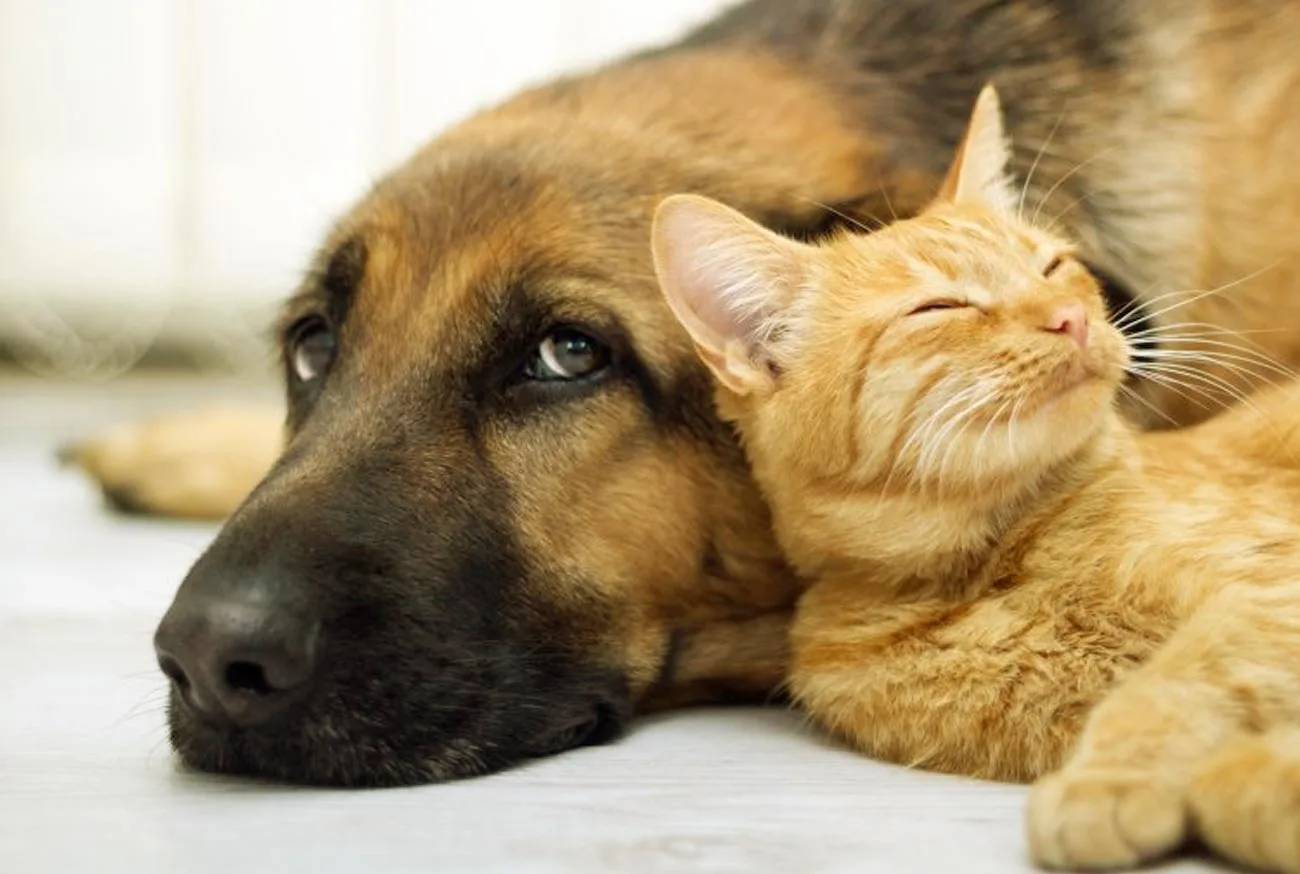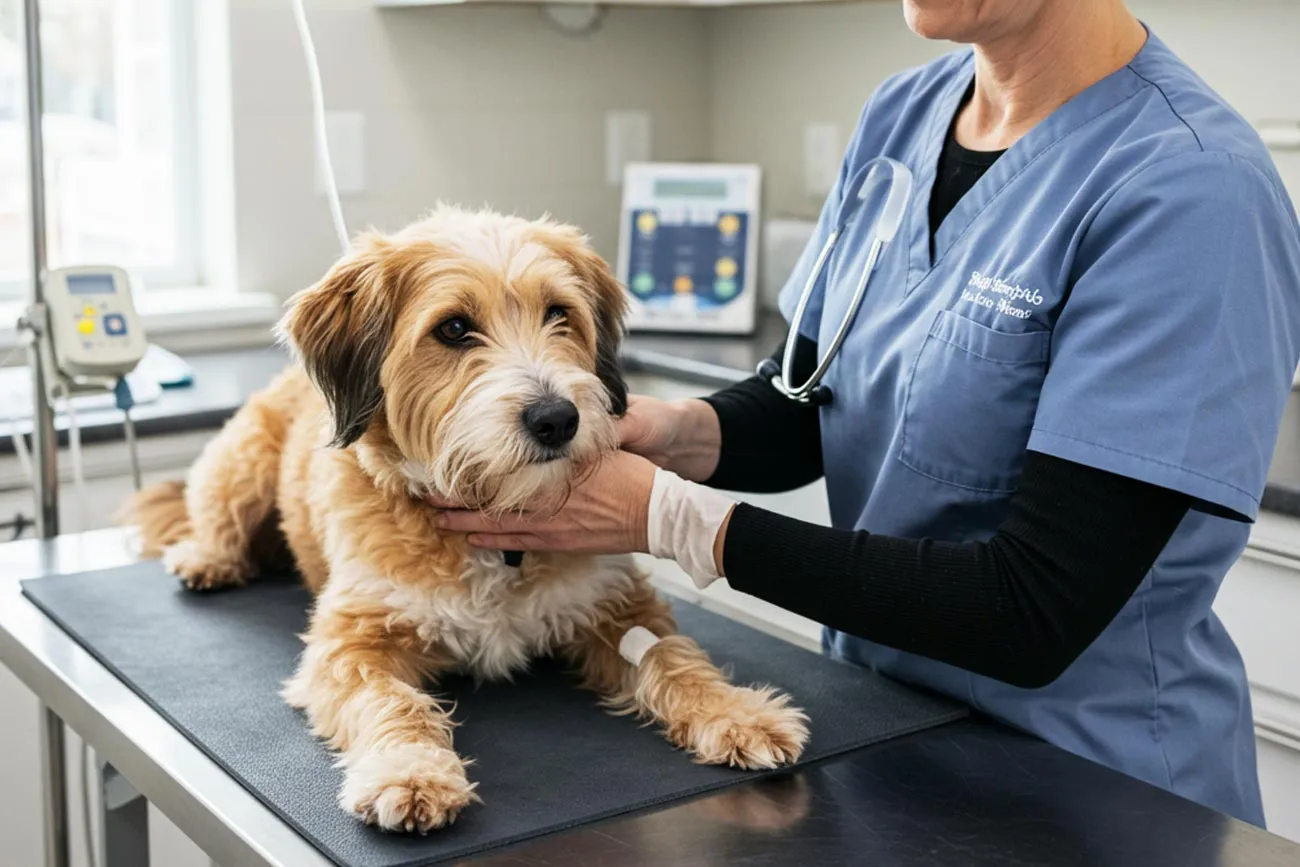The federal government will be responsible for implementing and managing the registry. The law was published in the Federal Official Gazette this Wednesday, 12/18.
This new law originates from the PL 3720/15, proposed by Congressman Carlos Gomes (RS). In the Senate, it was processed as PL 2230/22.
Vetos, caretakers, and domestic animals
Lula vetoed a provision that proposed registering "entertainment animals", such as those used in exhibitions and events. According to the executive branch, the inclusion of this category "deviates" from the primary scope and application of the proposal.
According to the law, the registry must collect information about domestic animal caretakers, such as identity, CPF (Brazilian tax ID), and address, as well as details about the origin and characteristics of the domestic animals: breed, sex, actual or estimated age, vaccines administered, and any diseases contracted or under treatment.
Municipalities and the Federal District will be responsible for the initial registration process, with states and the federal government overseeing the data's centralization and monitoring. Public access to the registry will be available online.
Growing investment in animal welfare by states and municipalities
States and municipalities have increasingly implemented public policies focused on the care and protection of domestic and pet animals. This federal government initiative, through the creation of the National Registry of Domestic Animals, represents a significant milestone in strengthening efforts to address animal welfare nationwide. The registry not only centralizes vital data on caretakers and their animals but also encourages the development of more robust and efficient structures at local and state levels.

An example of this progress is the state of Ceará, which took a pioneering step by establishing the State Secretariat for Animal Welfare. This body focuses on developing and implementing public policies aimed at animal health, protection, and quality of life, as well as promoting awareness campaigns on responsible ownership and the prevention of animal abuse.
Additionally, states like São Paulo and Rio de Janeiro have expanded programs such as free spaying and neutering, mass vaccination campaigns, and partnerships with NGOs to rescue abandoned animals. The synergy between local initiatives and the new national registry aims to create an integrated animal protection network, enhancing efficiency in combating abandonment, addressing abuse, and promoting public health.
Through coordinated actions between the federal government, states, and municipalities, Brazil is making a significant step toward transforming the lives of millions of domestic animals and pet, emphasizing the importance of sustainable and long-term public policies for this vital cause.
Written with information from Agência Câmara de Notícias and other sources.

















Add comment